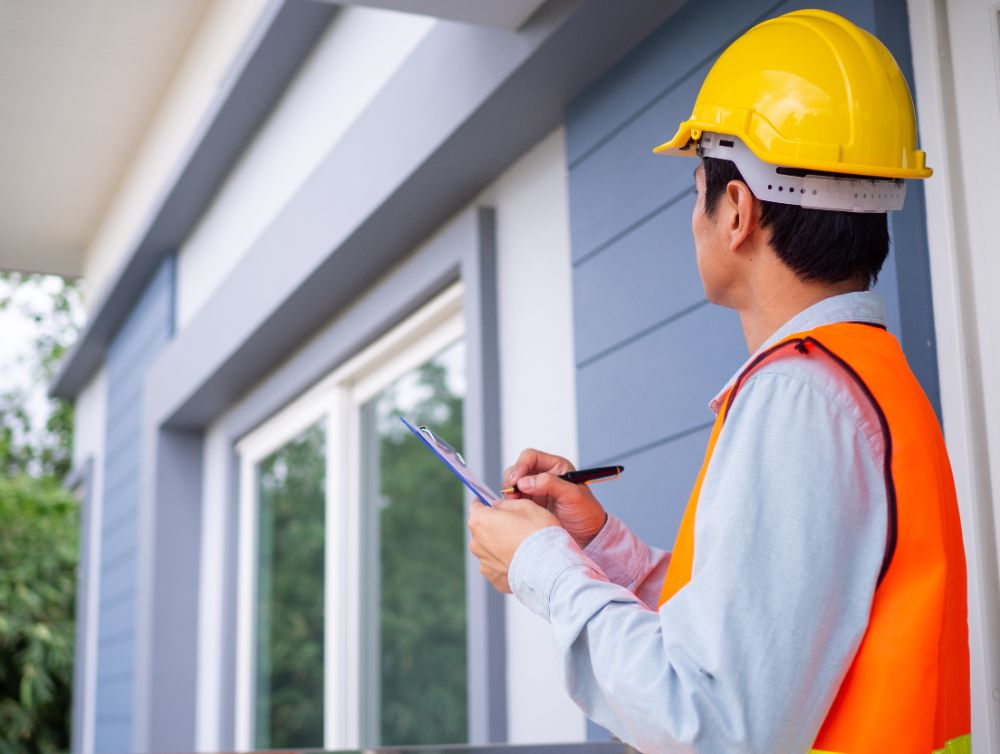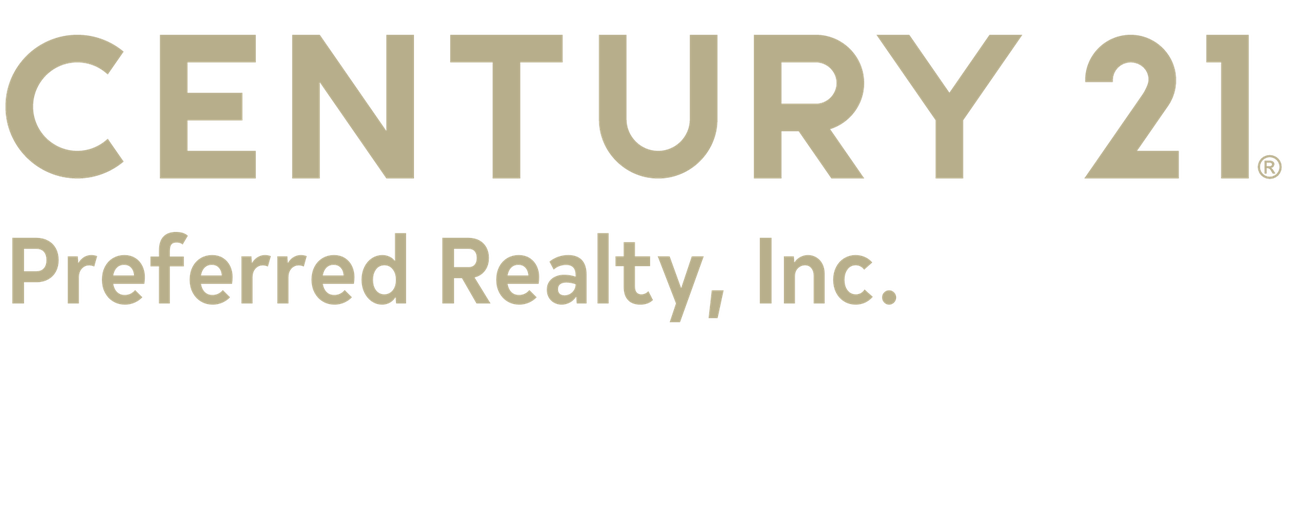| Tweet |
8 Tips for Property Maintenance and Enhancing Home Property Value
- Regular Inspections: Conduct routine inspections of the property to identify maintenance needs promptly. Inspect key areas such as the roof, plumbing, electrical systems, HVAC, and structural integrity to catch issues early and prevent them from escalating.
- Scheduled Maintenance: Implement a schedule for regular maintenance tasks such as gutter cleaning, HVAC servicing, and lawn care. By staying proactive and addressing maintenance needs on a schedule, you can prevent deterioration and costly repairs.
- Address Repairs Promptly: Promptly address any repairs or maintenance issues as they arise to prevent further damage and preserve the property’s value. Whether it’s fixing a leaky faucet, repairing a damaged roof, or addressing structural issues, timely action is essential.
- Landscaping and Curb Appeal: Maintain the property’s landscaping and curb appeal to enhance its attractiveness and value. Regularly mow the lawn, trim shrubs and trees, and plant flowers or other greenery to create a welcoming exterior environment.
- Painting and Surface Maintenance: Regularly inspect and touch up paintwork, both interior and exterior, to keep the property looking fresh and well-maintained. Address any signs of wear or damage to walls, trim, and other surfaces promptly to maintain aesthetic appeal.
- Pest Control: Implement measures to prevent and control pests such as insects, rodents, and termites. Regularly inspect for signs of pest infestation and take appropriate action to mitigate the problem to prevent damage to the property’s structure and reputation.
- Safety Upgrades: Invest in safety upgrades and improvements to enhance the property’s value and appeal. This may include installing smoke detectors, carbon monoxide detectors, security systems, and safety features such as handrails and proper lighting.
- Stay Informed and Proactive: Stay informed about industry best practices, technological advancements, and local NJ regulations related to property maintenance. Being proactive and staying ahead of maintenance needs helps preserve and enhance the property’s value over time.

8 Tips for Navigating Lease Agreements
- Read and Understand the Lease: Take the time to thoroughly read and understand the entire lease agreement before signing. Pay close attention to key terms such as the duration of the lease, rental amount, payment schedule, security deposit requirements, and any additional fees or charges.
- Clarify Responsibilities: Clearly define the responsibilities of both the landlord and the tenant within the lease agreement. This includes outlining maintenance duties, utility payments, property access, and procedures for resolving disputes or addressing concerns.
- Include Necessary Provisions: Ensure that the lease agreement includes necessary provisions to protect your property and interests. This may include clauses related to property inspection procedures, restrictions on subletting or unauthorized occupants, and consequences for lease violations.
- Set Clear Expectations: Clearly communicate your expectations to tenants regarding property care, maintenance standards, and rules for behavior. Setting clear guidelines from the outset can help prevent misunderstandings and conflicts during the lease term.
- Document Property Condition: Conduct a thorough move-in inspection and document the condition of the property with written descriptions and photographs. Provide tenants with a copy of the inspection report and require them to sign off on its accuracy. This documentation can help resolve disputes over security deposit deductions at the end of the lease.
- Handle Security Deposits Properly: Adhere to legal requirements regarding the collection, handling, and return of security deposits. Clearly outline the conditions under which deductions may be made from the deposit, such as damages beyond normal wear and tear, unpaid rent, or cleaning fees.
- Address Lease Renewal and Termination: Clearly outline the procedures for lease renewal and termination within the lease agreement. Specify any notice requirements for both parties and outline the consequences of early termination or failure to renew the lease.
- Consult Legal Professionals: Consider consulting with a legal professional or real estate attorney to review lease agreements and ensure compliance with local laws and regulations. Legal advice can help protect your interests and avoid potential legal pitfalls or disputes with tenants.

8 Tips for Finding Reliable and Responsible Renters
- Thorough Application Process: Implement a comprehensive application process that requires potential tenants to provide detailed information about their employment history, income, rental history, and references. This allows you to evaluate their financial stability and reliability as renters.
- Credit and Background Checks: Conduct thorough credit checks to assess the financial responsibility of applicants. Look for consistent payment history and manageable debt levels. Additionally, perform background checks to uncover any criminal history or past eviction records.
- Income Verification: Verify applicants’ income through pay stubs, tax returns, or employment verification letters. Ensure that their income is sufficient to cover rent payments and other living expenses without strain.
- Rental History Review: Contact previous landlords to inquire about the applicant’s rental history, including their payment reliability, property upkeep, and any issues with neighbors or property management. This provides valuable insights into the applicant’s behavior as a tenant.
- Interview Potential Tenants: Conduct in-person or virtual interviews with prospective tenants to assess their suitability for the property. Use this opportunity to ask about their lifestyle, habits, and reasons for moving. Pay attention to their communication skills and demeanor during the interview.
- Establish Clear Rental Criteria: Define specific rental criteria and requirements upfront to streamline the screening process. Clearly communicate these criteria to potential tenants to manage their expectations and ensure fairness in the selection process.
- Trust Your Instincts: Pay attention to your intuition when evaluating potential tenants. If something feels off or inconsistent during the screening process, dig deeper or consider moving on to other applicants. Trusting your instincts can help you avoid renting to unreliable or problematic tenants.
- Document Everything: Keep detailed records of the tenant screening process, including application forms, credit reports, background check results, and communication with applicants. Documenting each step helps maintain transparency and accountability, especially in case of disputes or legal issues down the line.

8 Tips for the Importance of Regular Property Inspections in NJ
- Preventive Maintenance: Regular property inspections allow for the identification of potential issues before they escalate into costly repairs. By addressing minor maintenance needs promptly, NJ property owners can prevent significant damage and deterioration over time.
- Ensuring Safety: Inspections help identify safety hazards such as faulty wiring, structural weaknesses, or fire risks. Addressing these issues promptly ensures the safety of occupants and minimizes the potential for accidents or injuries on the property.
- Compliance with Regulations: Property inspections ensure that the property complies with relevant NJ building codes, NJ zoning laws, and NJ safety regulations. Compliance is crucial to avoid legal liabilities and penalties.
- Preserving Property Value: By maintaining safety and maintenance standards, property owners can preserve the value of their investment. Well-maintained properties are more attractive to tenants and buyers, leading to higher occupancy rates and property values.
- Tenant Satisfaction: Regular inspections demonstrate a commitment to tenant satisfaction by ensuring that the property is safe, comfortable, and well-maintained. Satisfied tenants are more likely to renew leases and recommend the property to others.
- Early Detection of Issues: Inspections allow New Jersey property owners to identify and address issues early, preventing them from escalating into larger, more costly problems. This proactive approach saves time, money, and inconvenience for both property owners and tenants.
- Insurance Requirements: Many insurance policies require regular property inspections to assess risk and determine coverage. Compliance with inspection requirements can help property owners secure adequate insurance coverage in New Jersey and minimize the risk of denied claims.
- Enhancing Property Reputation: Maintaining high safety and maintenance standards enhances the reputation of the property and its management. A well-managed property attracts quality tenants, fosters positive relationships with stakeholders, and contributes to a positive image in the community.

What are 203k loans?
A 203(k) loan is a type of mortgage loan offered by the Federal Housing Administration (FHA) that allows borrowers to finance both the purchase of a home and the cost of necessary repairs, renovations, or improvements into a single mortgage. This can be particularly useful for individuals looking to buy a fixer-upper or a property in need of significant repairs.
Here are the key features of 203(k) loans:
1. Combines Purchase and Renovation Financing: The primary advantage of a 203(k) loan is that it combines the financing for the home purchase and the renovation costs into a single loan. This can be more convenient than obtaining a separate mortgage and a home improvement loan.
2. Two Types of 203(k) Loans:
Standard 203(k): This loan is for more extensive projects, such as structural repairs, major renovations, or projects with costs exceeding $35,000. It involves a more complex application process.
Limited 203(k): Also known as the “Streamlined” 203(k), this is designed for less extensive renovations with a cap on the repair costs, currently set at $35,000.
3. Eligible Properties: 203(k) loans can be used for one-to-four unit dwellings, including single-family homes, condominiums, and townhouses. However, the property must be at least one year old and meet certain livability and safety standards.
4. Qualification Requirements: Borrowers must meet FHA loan qualifications, including a minimum credit score and a down payment. The down payment requirement is typically lower than for conventional loans.
5. Renovation Scope: Eligible renovations can include structural alterations, modernization, elimination of health and safety hazards, energy efficiency improvements, and more. The renovations must be completed by a licensed contractor, and there are guidelines regarding the types of repairs allowed.
6. Loan Limits: The total loan amount is subject to FHA loan limits, which vary by location. The loan amount includes both the purchase price and the estimated cost of renovations.
7. Disbursement of Funds: The funds for renovations are held in an escrow account and disbursed as the work progresses. This helps ensure that the funds are used for the intended improvements.
8. Loan Term and Interest Rates: 203(k) loans typically have fixed interest rates and terms similar to traditional FHA loans.
It’s important for potential borrowers to work with lenders experienced in 203(k) loans, as the process can be more complex than a standard mortgage. Additionally, thorough planning and coordination with contractors are crucial to ensure that the renovations meet FHA guidelines and are completed within the specified timeframe.






